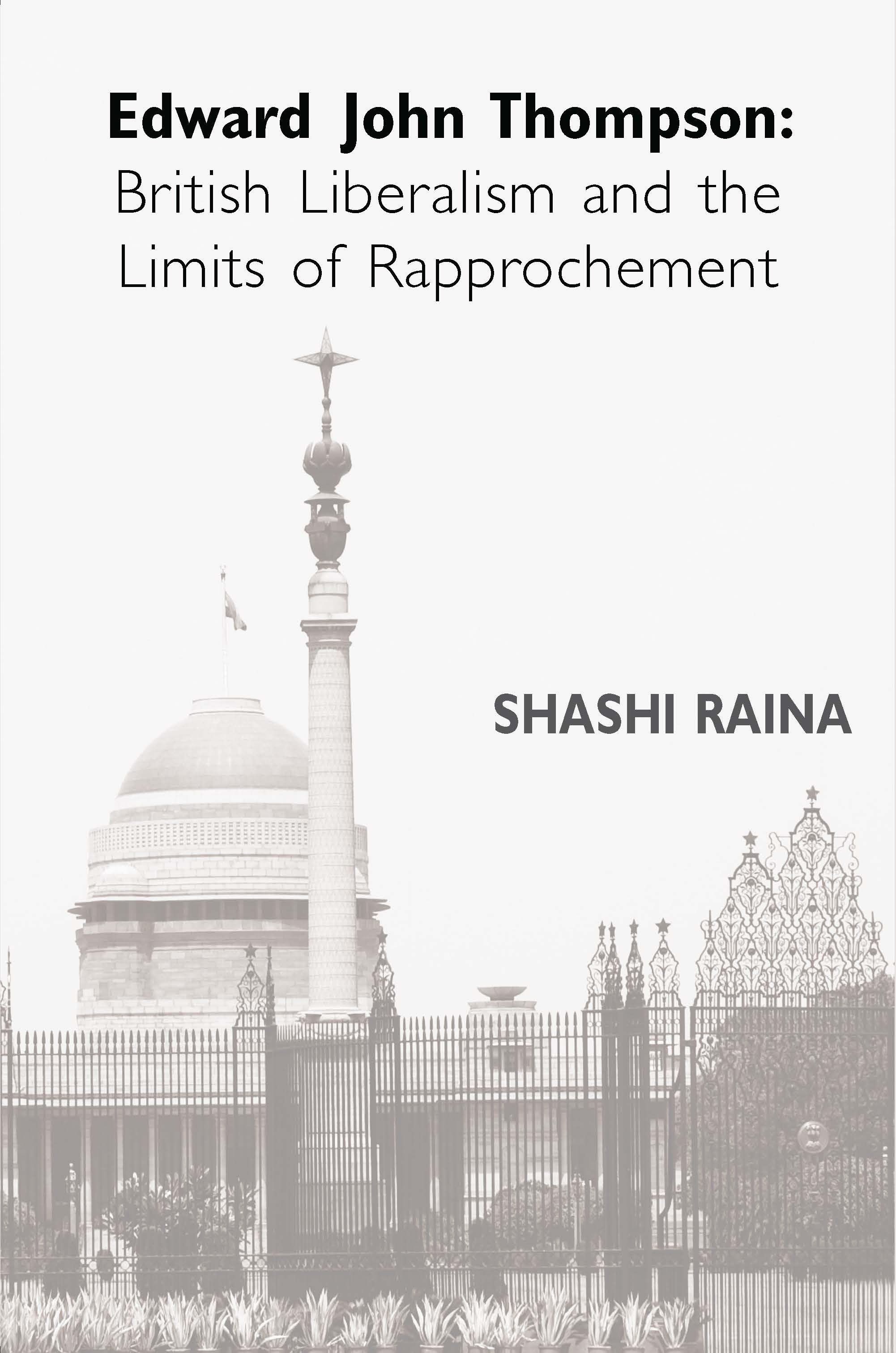As the Indian freedom struggle grew in scope and ambition, a slew of British writers and intellectuals, many of whom had done one kind or other service in the colony felt called upon to define their own positions in regard to the goal of the Indian Independence movement. This book begins by setting out in intimate detail the fascinating spectrum of ideological self-definition among the British, from the extreme right of the Imperialist preference to the farthest Left. Shashi Raina sees Edward John Thompson as occupying a place in the Liberal movement, right of people like C.F. Andrews and George Orwell who had clearly “gone over” to the side of the Indian aspiration for Independence, and to the left of others like Digby, Hyndman, Fenner Brockway who, despite being aware of the exploitive nature of colonization, had little stomach for any serious involvement with the idea of Indian emancipation. Thompson is seen as worthy of detailed consideration first for the reason that his engagement with India was strenuous enough to have obliged him to spend a whole decade in the colony (1910–16 and 1920–23, with further visits in 1932, ’36, ’39). His case-building for the continuation of the empire was not only not crude and self-forgiving but fell prey to the excesses of the colonial project, for which he felt empathy of a kind that, albeit ultimately paternalistic, was suffused with a painstaking immersion in the life of the colony. What distinguishes Shashi Raina’s work is that she desists from doing a hatchet job on the subject, opting rather for a detailed, clinical, and subtle unravelling of Thompson’s moves and arguments embedded in the numerous works of history, biography, and literature that he wrote on the Indo-British connection. With her intimacy in both historical and literary analysis, the author turns out a critique of unique value—and one that illuminates an era that remains seminal to our understanding of modern India.
British Liberalism and the Limits of Rapprochement


